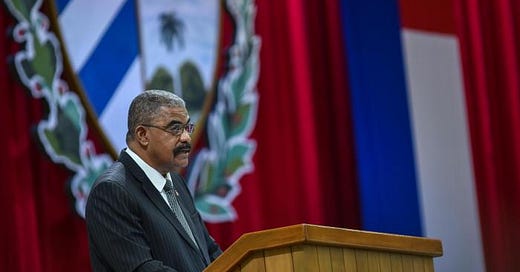An October 29 article in Reuters, “Cuba approves laws granting greater rights as criticism of protesters' arrests heats up,” is written from a frame of reference outside of Cuba, based in the assumptions of representative democracy, which was born in the context of the class conflicts of the colonial and imperialist societies of the North.
Reuters acknowledges that the laws, approved by the Cuba’s National Assembly on October 28, “stem from the 2019 Constitution,” but it immediately proceeds to reframe the process of reform in the context of the short-lived U.S.-supported rebellion of July 11. The changes, Reuters says, “address legal voids identified by activists, who allege authorities flaunted due process following unprecedented protests on the island in July.” It then quotes Cuban specialists from the United States and Canada who say that the reform makes Cuban law much more consistent with international standards, but it remains to be seen if the reforms will be implem…


